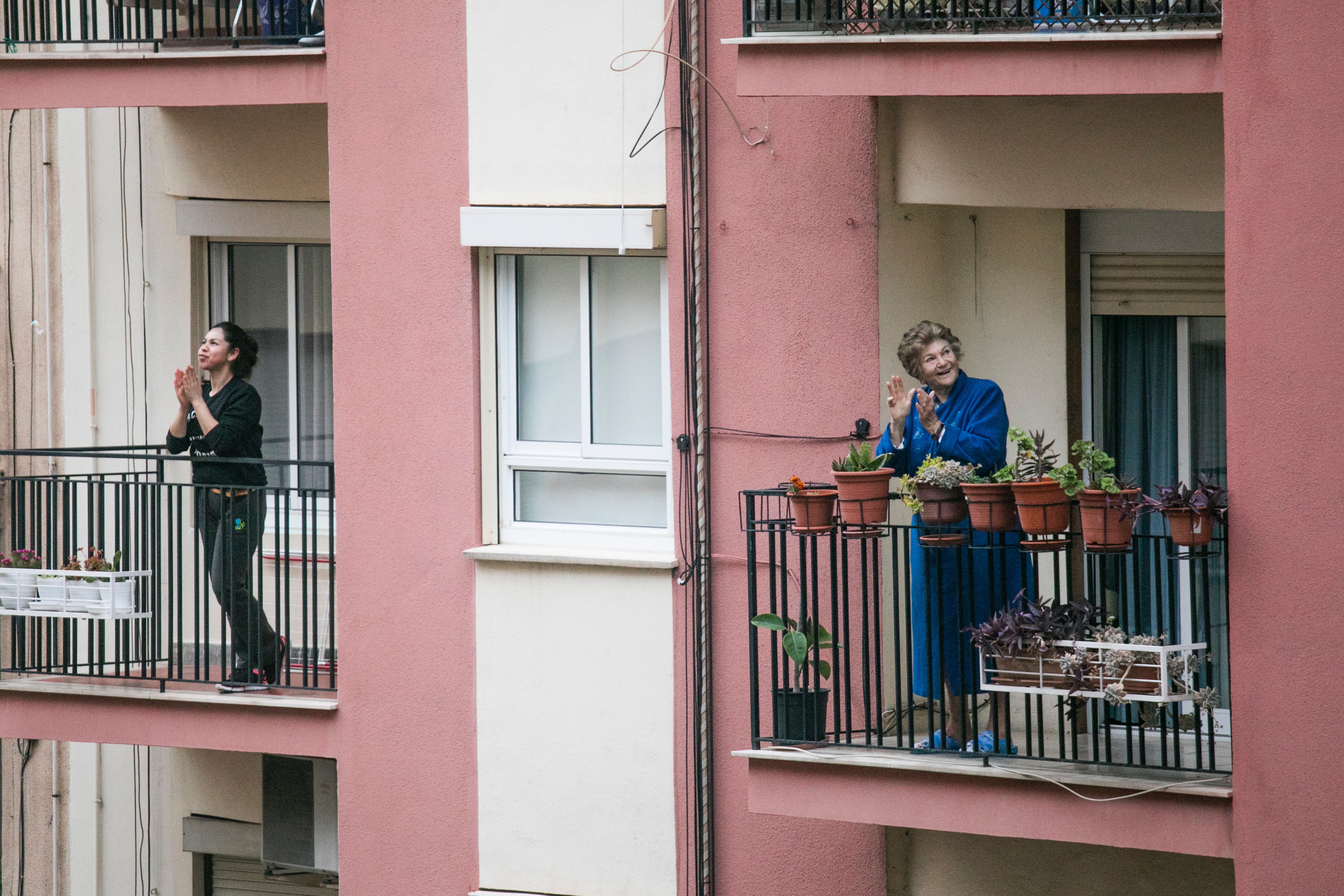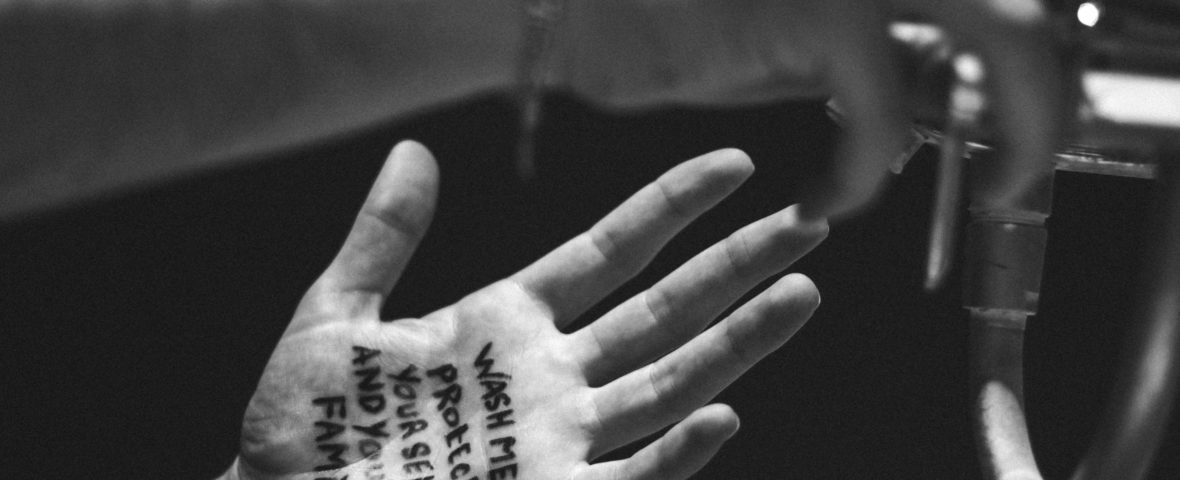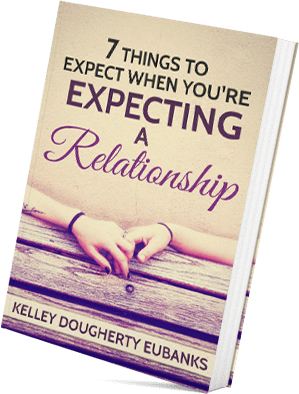As a therapist, I often help clients process through their emotions. Our work together involves me asking many questions and helping guide clients to a deeper understanding of what they are feeling. Often times, the root emotion existing well below the anger, hurt, or sadness is shame.
I qualify shame as one of the worst feelings a human can feel, because it hits us at our core.

It is the emotion word to describe standing in front of the mirror naked and crying. Shame is a very raw emotion that generally leads to a person feeling like a bad person or an unworthy person.
Working through shame is incredibly difficult and requires a level of patience that many struggle to acquire. Processing through shame is the epitome of deep work- looking our raw selves, often through the lens of others, and determining that we are worthy of love. It is, like every emotion, our own responsibility to manage, but it also quickly influenced by those around us much like happiness or anger.
As I have been tirelessly working with clients through a pandemic, civil unrest, and an election (on top of all the things that are normally going on for clients), a theme continuously pops up in our work together.
The concept of “covid shaming” has surfaced in many of my conversations.
Covid (referring to the coronavirus Covid-19) shaming (referring to other people evoking feelings of unworthiness within my clients) is complex in its nature because it is unclear if the level of shaming people feel would exist outside the context of our current climate in the United States.
Covid shaming appears to come at various levels of intensity. I have had clients describe a feeling of shame around the very act of getting tested. The clients who have gotten tested described feeling scared of the test results as well as a new feeling in the waiting room or in line outside the testing site. The looks they would get from passersby or the inability to make eye contact with anyone around them in line or in the waiting room made the already uncomfortable experience of getting tested even worse.
At the beginning of the pandemic, and now as we are in the throes of another major wave, there seems to be shame around how you choose to spend your time. In March, every state had different mandates (some none at all) regarding mask wearing and places you were permitted to go. Some states, like mine- Pennsylvania- had very strict regulations about mask wearing and shutdowns.
There was a feeling of camaraderie in March and April where there was a sense that we are “all in this together.”

Shame did not seem to be too high because the restrictions were pretty intense. The main shame I processed with clients was that some wanted to see close family and friends and other people in their circle would shame them for breaking their “quarantine bubble.” There also seemed to be shame when things started to re-open and people would post pictures from trips they decided to take or restaurants where they decided to eat.
Now that we have entered a second wave following a summer of less intense restrictions, the shaming seems to be higher in this category. I have clients discuss the concept of having to create boundaries with people who no longer share their view of the virus. I have had clients share with me the immense anger they feel for new restrictions being put in place, many stating that if someone is too scared to go out, they should just stay home. I have had clients process with me the feeling of shame for not wanting to hug a close friend, even when that friend says they are okay with hugs now.
Just as uncomfortable as the pandemic was in the beginning with no hand shakes or hugs, it seems to be bubbling back to that same level now.
I have had clients process with me their thoughts and feelings around getting the virus and the amount of shame being casted on them. Some clients describe the loss they have felt due to certain members of their inner circle no longer wanting to see them even after they quarantine for 2 weeks.
How do we manage Covid shame?
The thing that appears to be missing from interactions recently is understanding and gratitude. In my studying of the topic of shame (largely thanks to Brene Brown’s research) in combination with my experience in working with clients, I think that the only real antidotes of shame are understanding and gratitude. The term understanding packs a big punch, but really what I think it means in this context is allowing everyone to process things at their own pace and realizing that not everyone has to agree with our world view.
Another important realization needs to be that we never can control anyone else’s emotional reaction besides our own. In my work with couples, a major hurdle we work past is the idea that just because our partner reacts in a way that doesn’t make sense to us, we have to accept that that is our partner’s reaction.
I know that shutdowns and restrictions are so difficult for so many different reasons. As a business owner myself, I feel so much for my fellow business owners. This was already really difficult, and now it feels so much more challenging. I know for many their next paycheck is questionable. I know for many their health is at risk not just from a virus but also from the stress of everything going on around them.
My way of helping my clients manage shame and stress and all the other emotions going on right now is two-fold as partially explained before. One, I encourage my clients to increase their level of understanding on an intellectual level, AND an emotional level.
Simply by being curious about someone else’s viewpoint we gain an incredible amount of understanding.
Accepting someone else’s view as just that…someone else’s view…can be freeing. Understanding on an intellectual level what is going on with the virus, how our leaders are handling the outcomes, and what solutions lie ahead of us are just a few ways you can take back a basic level of control of your situation.
The second strategy I help my clients deploy is one based in gratitude. We simply cannot control the world around us and as scary as that feels sometimes, it is the truth. Finding pieces of your life for which you are grateful…even if on some days it is really hard to find one piece…is truly the best way to combat that internal feeling of shame.
I believe that we are all doing the best we can during these incredibly challenging times. I believe that we are all collectively “not okay” and that it is okay to feel that way sometimes. I believe that if we can turn our judgment and shaming others into simple curiosity we can get back to the feeling of camaraderie.
We are all really still in this together. Please do not forget that.
As always, stay safe, find the hope, and reach out if you need anything…
Kelley




Share your thoughts